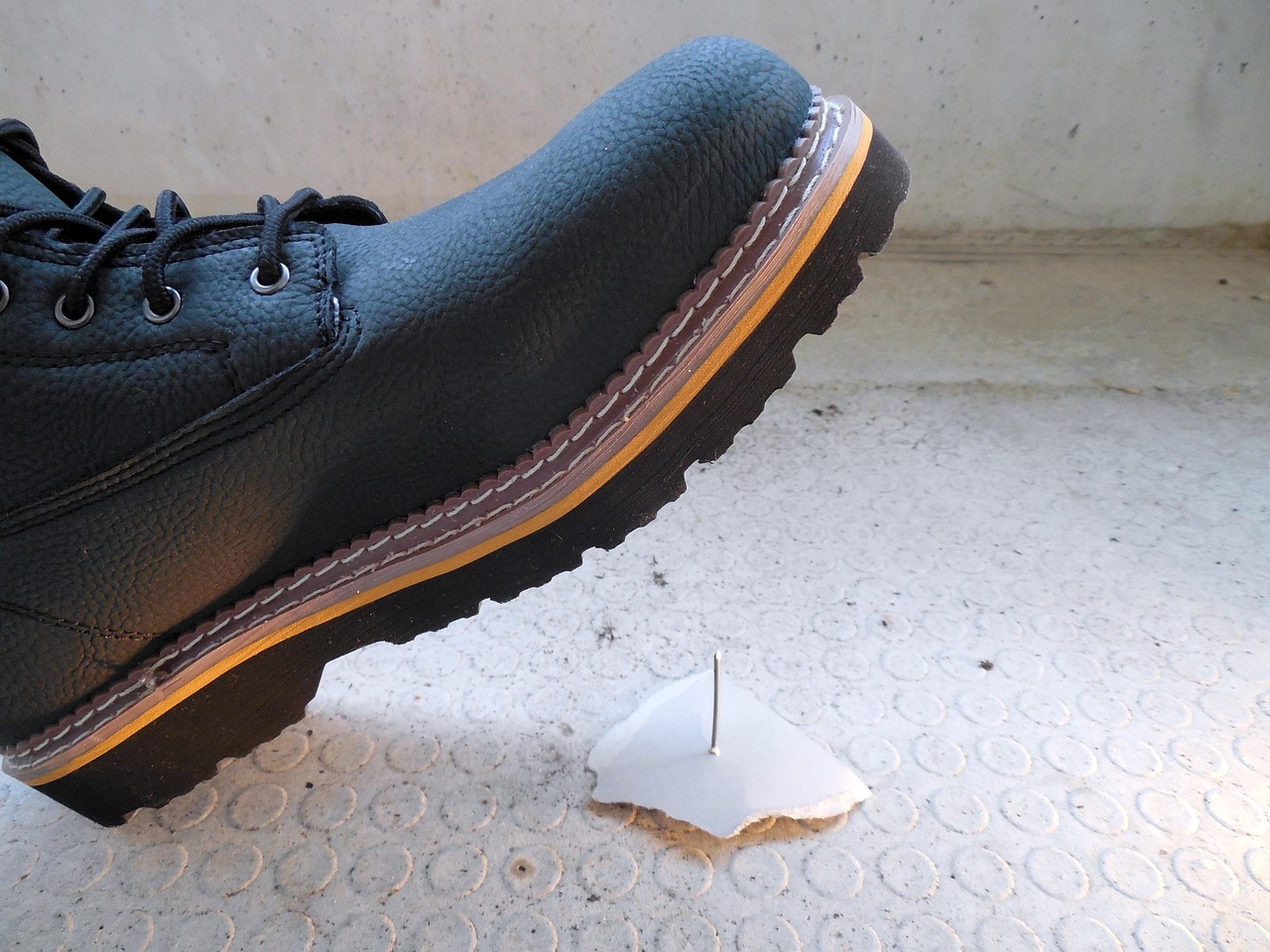Workplace accidents can have devastating consequences for employees, both physically and psychologically. To compensate for these consequences, workplace accident victims may seek compensation. However, the approach taken by courts in Antalya when calculating compensation for workplace accidents varies depending on many factors. This article discusses the general principles and key considerations followed by Antalya courts in workplace accident compensation cases.
Types of Compensation and Calculation Principles
Work accident compensation aims to compensate the victim for the damages they have suffered as fully as possible. To this end, various types of compensation are available:
1. Temporary Work Disability Compensation:
It is paid when an employee becomes temporarily incapacitated due to an accident. The calculation takes into account the employee's net wages before the accident, the duration of the disability, and the temporary disability benefit paid by the Social Security Institution (SGK). If SGK payments are insufficient, courts may order the employer to cover the difference.
2. Permanent Disability Compensation:
It is paid if the accident results in permanent disability. The calculation varies depending on factors such as the degree of disability, occupation, age, education, and future earning potential. Courts determine the amount of compensation by evaluating evidence such as medical reports, expert examinations, and the individual's employment history.
3. Disability Compensation:
It is paid when an employee suffers a permanent loss of physical or mental functions. This compensation is calculated based on the degree of loss of function and the reduction in the individual's quality of life. Courts place significant importance on medical reports and expert opinions when determining disability.
4. Funeral Expense Compensation:
In the event of a death resulting from a workplace accident, funeral expenses are covered by the employer. It is important that these expenses are documented and kept within a reasonable framework.
5. Non-pecuniary Damages:
A workplace accident victim may seek compensation for non-pecuniary damages for the pain, suffering, fear, and distress they have experienced. The amount of non-pecuniary damages depends on factors such as the severity of the accident and the duration and degree of the pain and suffering experienced by the victim. Courts also consider decisions in similar cases when determining compensation for non-pecuniary damages.
Evaluation Criteria of the Courts
Antalya courts evaluate the following criteria in work accident compensation cases:
* Proof that the accident constitutes a workplace accident: It must be proven that the workplace accident occurred under the employer's responsibility. An examination will be conducted to determine whether the employer took the necessary safety precautions, whether these precautions were sufficient, and whether the employer was at fault for the accident.
* Fault rate: If the worker is also at fault in the occurrence of the accident, the amount of compensation may be reduced according to the fault rate.
* Medical reports and expert reviews: Courts place significant emphasis on medical reports and expert reviews when determining compensation. These reports are used to determine the extent of the victim's damages and the extent of any permanent damage.
* Social Security Institution (SGK) payments: SGK payments are taken into account in the compensation calculation. Courts generally decide to seek compensation from employers for the difference in SGK payments when they are insufficient.
* Income loss document: To document income loss, official documents such as pay slips and tax certificates must be submitted.
Things to Consider in Work Accident Compensation Cases
Workplace accident compensation cases are complex and require specialized expertise. Therefore, it is crucial for victims to seek legal assistance from an experienced attorney. The attorney will ensure the file is properly prepared, the necessary evidence is collected, and the court process is managed effectively. They will also identify strategies to protect victims' rights and ensure they obtain the maximum compensation. Knowledge of past court decisions and the practice standards of Antalya courts will increase the likelihood of success in the case.
Work accident compensation cases in Antalya require legal and technical expertise. Getting proper and timely legal assistance is crucial for victims to protect their rights and obtain the compensation they deserve. Therefore, it is recommended that individuals who have experienced a work accident consult with a qualified attorney. It's important to remember that every case is unique, and the amount of compensation awarded is determined by combining the factors mentioned above.


